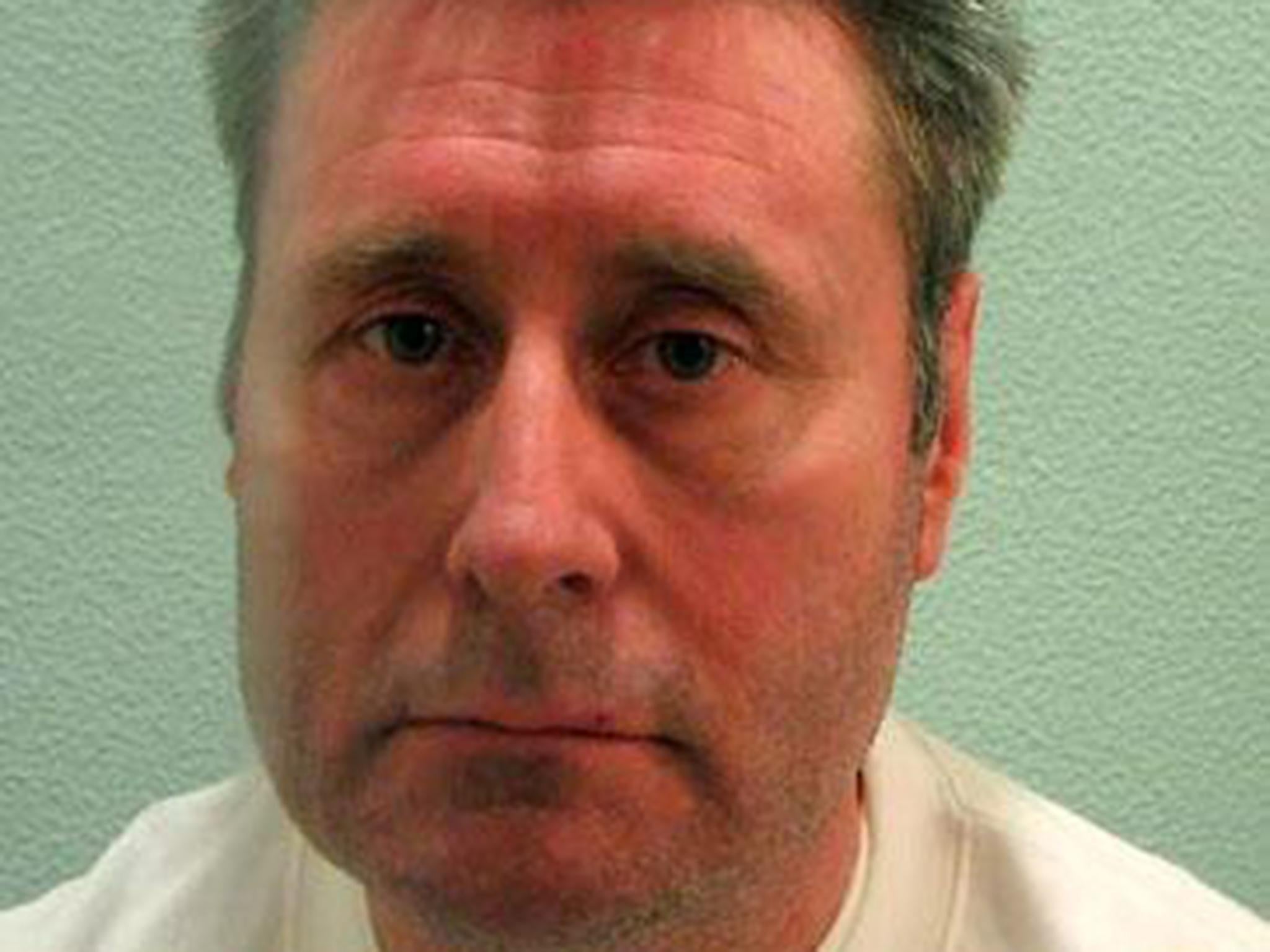Violent crime victims get new power to challenge prisoners’ release after Worboys probe
New system will help victims keep attackers in prison without launching costly and time-consuming court challenge

Crime victims are to be given new powers to challenge the release of violent offenders after a parole system review sparked by the case of black cab rapist John Worboys.
Rather than launching a costly and time-consuming court challenge to Parole Board decisions, they will be able to apply directly to the justice secretary to overturn them, current minister David Gauke said.
The challenge system, which has to be launched within 21 days of victims being notified of a decision to release, will only apply to the most serious of offenders serving lengthy jail terms.
The review came after a decision to release former taxi driver Worboys in 2018, after almost a decade behind bars, was only overturned following a judicial review.
He had been jailed indefinitely in 2009, with a minimum term of eight years, for 19 offences relating to violent sex attacks including rapes on 12 victims.
The new power is among a series of reforms to the parole system due to be announced by the Ministry of Justice (MoJ) this week.
Mr Gauke said: “This landmark reform will for the first time empower victims to hold the Parole Board to account for its decision and help restore public confidence in the important work that it does.”
The new system will apply to Indeterminate Sentence Prisoners (ISPs), which include those serving a life sentence and those, like Worboys, sentenced to Imprisonment for Public Protection (IPP).
It would also apply to those serving extended sentences – where prison terms are bolstered by ordering the convicted criminal to serve more time on licence afterwards than would usually be the case.
The MoJ said that the challenge threshold would be “similar” to that of a judicial review, focusing on “illegality, irrationality and procedural unfairness”.
The request would be first considered by a team at the Prison and Probation Service and could then be passed to a named Parole Board judge who could order the original panel to review its decision or order a fresh hearing.
It is understood that the Worboys case would meet the review threshold under the “procedural unfairness” provision.
Controversy was sparked in January last year when it emerged the Parole Board had decided Worboys was safe to be freed.
In March, the release direction was quashed by the High Court, following a legal challenge by two women.
As a result Worboys, 61, was kept behind bars until the case had been reassessed by a new panel, which later decided he should remain in prison.
PA
